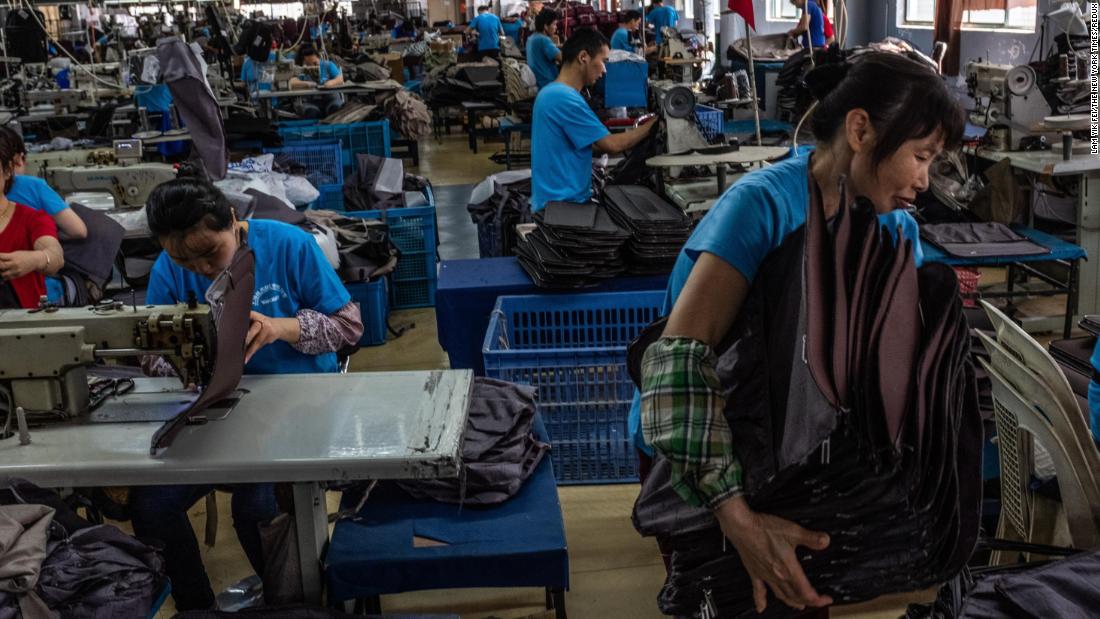
China's producer price index — which measures the cost of goods sold to businesses and is an important measure of company profitability — dropped 0.8% in August compared to a year ago, according to government statistics released Tuesday. That's the worst fall in three years.
China's Shanghai Composite Index (SHCOMP) fell 0.4%. Hong Kong's Hang Seng Index (HSI) was about flat, though negative. By contrast, Japan's Nikkei (N225) rose 0.5% and South Korea's Kospi (KOSPI) gained 0.3%.
Analysts said the drop in the index pointed toward a broad slowdown in demand. Julian Evans-Pritchard, senior China economist for Capital Economics, wrote Tuesday that he expects China to ease its monetary policy even more in the coming months.
The country's central bank has already taken some steps to support its economy, including its announcement last Friday that it would reduce the amount of cash banks have to keep in reserve.
Meanwhile, China's consumer price index rose 2.8% in August from a year ago, which was faster than expected. Analysts polled by Reuters expected a 2.6% increase.
Pork prices posted the sharpest rise. Prices were up 46.7% from a year ago, accelerating significantly from last month's 27% increase. The country is grappling with an African swine fever problem that has cost China a third of its pig population.
Analysts at ANZ Research said they forecast pork prices will continue to increase. But China's declining producer price index "carries more weight with policymakers in their monetary policy decisions," analysts Zhaopeng Xing and Raymond Yeung wrote in a research note.
Separately, Fitch Ratings slashed its growth forecasts for the global economy, citing protectionism and China's slowdown.
For example, the agency predicted China's growth rate to fall to 6.1% in 2019 and 5.7% in 2020 because of US tariffs and China's restrained policy response.
No comments:
Post a Comment